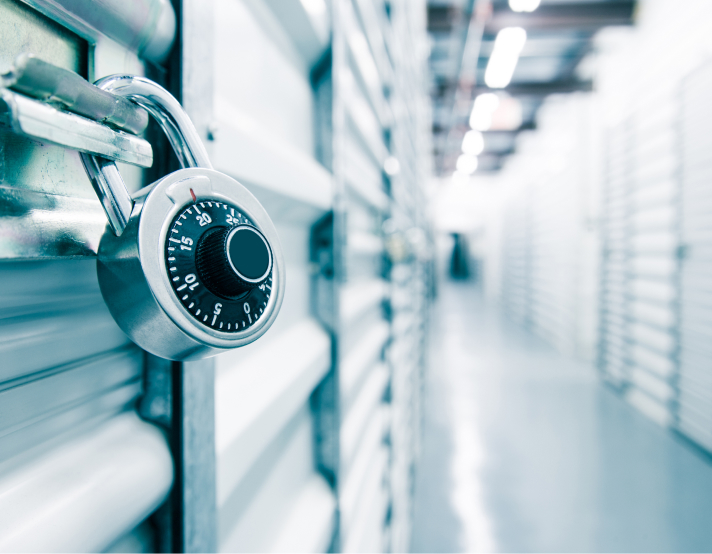When storing sensitive and confidential documents and business or personal archives, it is essential to take the necessary precautions so they are kept safe and secure.
Whether you’re storing financial records, medical records, legal documents, or any other confidential information the following tips will help you to keep your sensitive documents and archives safe and secure for the long term.
1. Determine what needs to be stored
The first step is to determine which documents need to be stored and for how long. This will help you to decide on the appropriate storage method and level of security.
2. Use secure storage containers and/archive boxes
Invest in high-quality storage containers and/or archive boxes that are specifically designed for sensitive documents. These containers should be made of durable materials and feature secure locking mechanisms.
3. Store in a self storage facility that offers state-of-the-art security
Store your sensitive documents in a purpose-built secure self storage facility where your stored items will be kept safe and accessible only to authorised personnel.
Make sure that each unit is individually locked and alarmed, the site is surrounded by security fencing, and floodlit at night.
Ensure that access is controlled by an electronic PIN code system and that the site is monitored 24/7 by a modern, reliable CCTV surveillance system.
4. Set up internal access control protocols
All the site security in the world will not help unless you make sure to limit access to your sensitive documents by implementing access control systems. This may include issuing keys or access codes to authorised personnel only and/or implementing sign-in and sign-out procedures for people accessing your archive storage space.
5. Add climate-control to your storage unit
Choose a facility that has powered storage spaces where you’ll be able to use a climate-control unit to protect sensitive documents against the effects of humidity and extreme temperatures.
6. Implement a document retention schedule
Develop a retention schedule that outlines how long documents need to be stored and when they can be disposed of. This will help to prevent unnecessary storage costs and reduce the risk of information breaches.
7. Make use of professional document destruction services
Create and enforce document destruction policies and make use of professional document destruction services to ensure that documents that are no longer needed do not fall into the wrong hands.
With these measures in place, you can protect your sensitive and confidential personal and/or business documents from unauthorised access and potential breaches.

